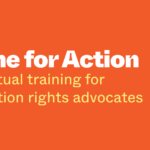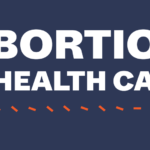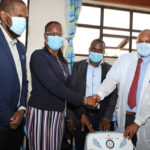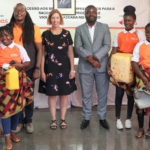Faced with rising COVID cases and escalating armed conflicts between the military and ethnic armed organizations, many people in Myanmar have had to rely on ethnic health organizations rather than government-connected public facilities for their health care. Myanmar’s fractured health system has been overwhelmed, pushing aside other vital needs—like sexual and reproductive health services.

The U.S. Supreme Court’s decision to overturn Roe v. Wade officially denies millions of U.S. residents fundamental rights—to health care, to bodily autonomy, and to freedom.

A U.S. state legislator working to protect abortion access in her state is finding inspiration in Mexico’s abortion rights movement. Here’s our Q & A with Rep. Julie von Haefen of North Carolina:

There are more refugees and displaced people than ever before—more than 100 million according to current estimates. While it is often believed that abortion care is not a priority need in refugee camps and other humanitarian settings, a study from the Central African Republic (CAR) adds to the growing body of evidence that it is.

Ipas Bolivia is supporting health centers to offer free sexual and reproductive health care to undocumented migrants and training health-care providers in care that is sensitive to the needs of this population.

Around the world, countries are expanding abortion rights and access. Since 2000, 37 countries have liberalized abortion laws. Sadly, the United States is poised to go backward.










